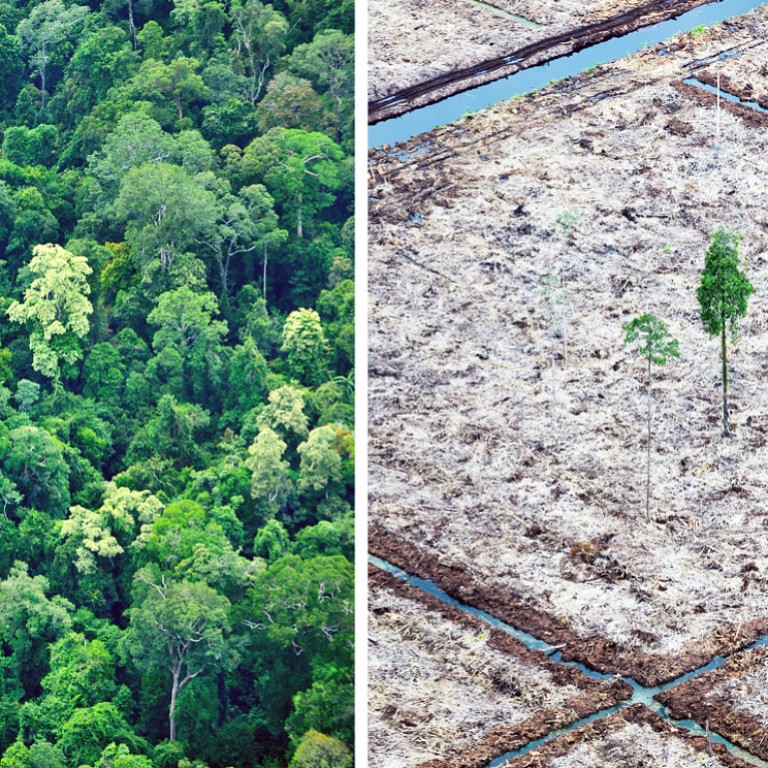
Paper giant APP turns over new leaf to become unlikely protector of Indonesia’s forests
Chinese-Indonesian pulp and paper producer APP is attempting to rebrand itself from the stereotypical tree-razing commodity giant to unlikely protector of Indonesia's forests.
Paper has never been the first industry to come to mind when it comes to talk about forest protection and sustainable development.
But one Chinese-Indonesian pulp and paper producer has made an attempt to change this by rebranding itself from the stereotypical tree-razing commodity giant to unlikely protector of the archipelago’s forests.
In 2013, Asia Pulp and Paper announced that it was officially stopping any forest clearances as part of its operations, setting what green groups hope will be an example for the entire Indonesian industry, China and the rest of Asia.
“Since the end of 2013, we’ve no longer sourced any raw material or fibre from non-plantation areas,” Librian Angraeni, the company’s environmental and social footprint manager, told the in Hong Kong.
She said the original plan had been to achieve zero deforestation by this year but by late 2013, they had managed to achieve the goal of sourcing fibre or raw material sourced only from the company’s 38 suppliers on 2.6 million hectares of concession-area plantations across Indonesia. The company also has 300,000 hectares of plantation in mainland China.
“We’re starting with Indonesian operations because most of our suppliers are from here. Once the system is established in Indonesia we will engage our sister country China to conduct transfer of knowledge.

The company sources 40 per cent of its pulp needs from the global market, a third of that from China, while the other 60 per cent comes from other concessions.
Angraeni says voluntary environment, social and governance reporting and benchmarking had been a key driver of the company’s sustainability commitments. She suggested Hong Kong companies follow suit.
“Ten years ago it was fibre sourcing that was the main concern of stakeholders, now it’s about environmental performance and social issues,” she said. “There are always gaps and there’s always someone out there who does something better so it’s about constant benchmarking.”
While Hong Kong was now only considering mandatory ESG reporting for listed companies, she said Indonesia was now requiring a section on sustainability of operations in yearly annual financial reports.
APP’s forestry operations have drawn criticism over the years for habitat destruction and inciting land conflicts.
Logging activities in Indonesia’s peatland swamp forests have been blamed for threatening endangered Sumatran tigers and ramin trees. Bad press led to some 130 global giants including Nestle and Mattel severing ties to the company.
APP embarked on a mission to change its image in 2012, drawing up its first sustainability roadmap up to 2020, which aimed to have all its raw material sourced only from its plantations by this year.

After engaging stakeholders in 2013, the company enhanced its commitment and released its Forest Conservation Policy, to further narrow down these targets. “The policy commits the company to zero-deforestation, responsible social conflict management and responsible and transparent peatland management,” said Angraeni.
Further collaboration will be made with land managers, communities, NGOs and the government in these areas. “Though this commitment, suppliers are subjected to various assessments. The goal is to develop a blueprint for a long-term, integrated, sustainable forest management plan.”
Greenpeace, long considered to be the force behind APP’s reforms, welcomed the company’s initiatives but urged it to do more to address social conflicts and violence and the broader issues behind them including land disputes and illegal logging.

